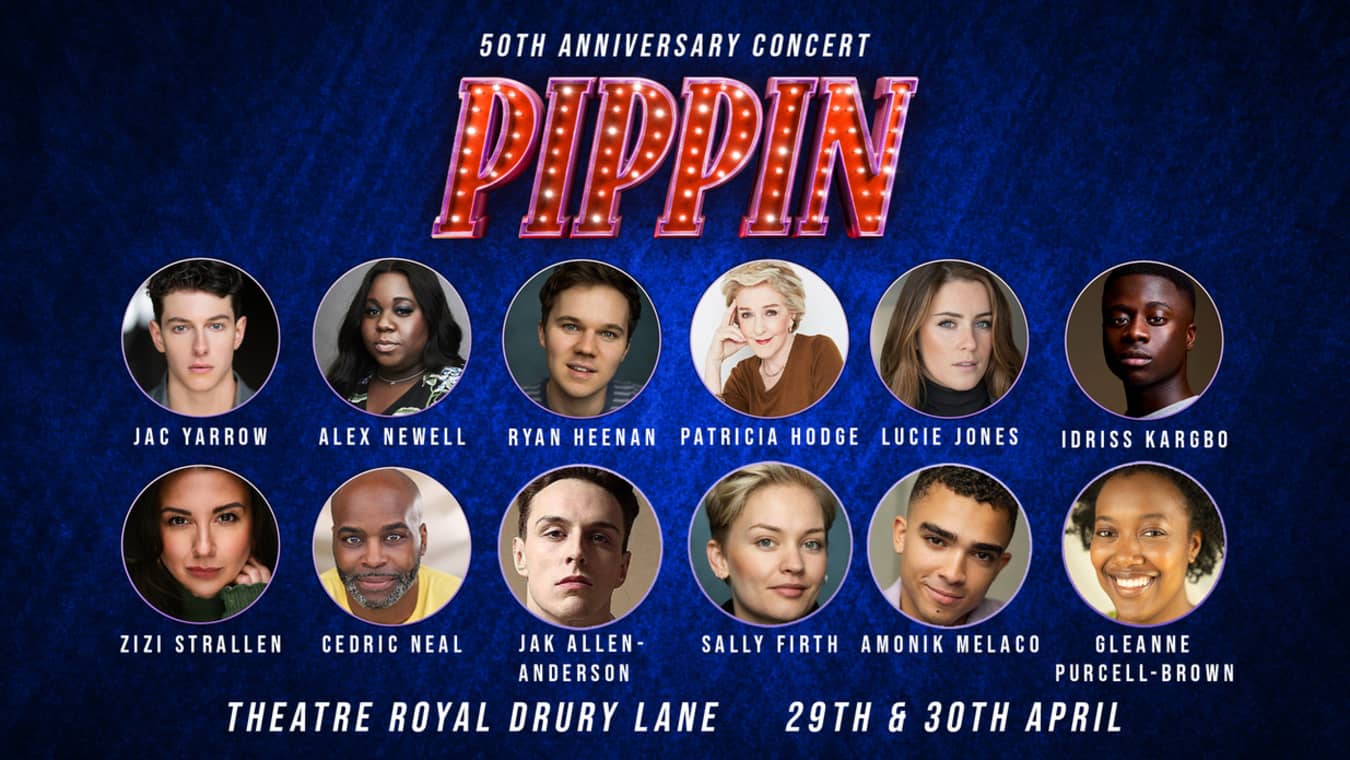Just this year we’ve seen once popular gay venues such as Kudos, First Out, King Edward VI and The Green, to name just a few, disappear.
With the tough economic conditions continuing to kill off venue after venue on an all-too regular basis, just why are local councils like Westminster and Camden continuing to make things even harder for independent businesses through rocketing rents and by imposing new restrictions? Are we looking at a future with a high street dominated by McDonalds and Starbucks? Xav Judd speaks to local gay venues and retailers to get their thoughts…
Ever since the catastrophic banking crisis in the late-2000s, the global economy has either been in or on the brink of recession. Indeed, here in Great Britain, not only did 2008 see the country’s worst recession since World War Two, our economy has hardly picked-up at all since then, and is only set to grow by a meager 1% this year.
Thus, it is fair to say, that it is one of the most challenging times to run a business in the UK. Despite this fact, various councils are hitting private enterprises that come under their jurisdiction especially hard from a monetary perspective, in an attempt to make up for falling revenues since their budgets were slashed by the Coalition government. For instance, Camden has tried to raise the rents of some of its establishments by almost 25%, while Westminster is set to introduce new parking controls in January that will result in a charge after 6.30pm in the week or on Sundays, for the first time in history. And, as if these financial impediments were not enough already, some London boroughs are trying to clampdown on the noise that certain premises can make.
Obviously, these aforementioned three factors are having a huge effect on LGBT bars, clubs and other firms within their boundaries.
In fact, according to Jim MacSweeney, the manager of Gay’s the Word, the only specific LGBT bookstore in the United Kingdom, the council (Camden) has been trying to squeeze as much as it possibly can out off his store and all of its other outlets: “Last time they tried to put up our rents by 24%, but we got it reduced to a 16% increase. And on the occasion before that, they were after an 8% rise and I talked them down to 4%. It’s funny, to feel happy about only getting this much of an increase. Individually the councilors seem fine and very supportive, but when you deal with their executive, it is all about raising money and balancing the books.”
Jim continues: “To be honest, partly, I suspect that the rises also have to do with gentrification of the neighbourhood, but at the end of the day I think the council need to make up for a shortfall in their budgets due to central government’s austerity measures. Therefore, they are determined to increase revenues whether it’s putting up rates or cutting local services like libraries. Of course, they do not want you to go out of business, but we feel pretty helpless with all that’s happening in the current financial situation.
“Some of the chains like Boots have got much more clout than us because of the number of stores they have, so are in a better position to negotiate. But, we are just a small local shop, so do not have such bargaining power. And, it is not as if we can just bump-up the price of our books to cover any additional costs we incur. Thus, for us, this situation is like banging our heads against a brick wall.”
QX contacted Camden Council for comment, but at the time of going to press they had yet to reply.
For some LGBT outlets, the heavy extra costs their councils have been attempting to burden them with have already had a dramatic impact. The café-cum-bar First Out, which was a vibrant part of the LGBT community for 25 years, closed down in October. Maria, its former owner, admits that there were several reasons behind it shutting its doors: “The whole area is being redeveloped and the gay scene has, partly, moved to Vauxhall [away from Soho]. However, our lease had expired and we were in the process of trying to renegotiate a new one. Of course, the local authority wanted more money and this contributed to our decision to cease trading.”
“We are just a small local shop, so do not have such bargaining power”
Another bugbear with many gay-friendly establishments’ owners are Westminster Council’s soon to come-into-force (January 2012) parking controls. In essence, they mean people will have to pay for the first time, if they want to leave their vehicles in the borough after 6.30pm in the evening, or on a Sunday. In today’s exacting financial climate, it is almost as if the local authority has devised and proclaimed itself the winner – they are set to make £7 million from these measures – of its own version of the National Lottery.
Yet, if someone gains, doesn’t someone else lose? Michele Cremona, Chair of Westminster Gay Business Forum, says: “Without doubt the nighttime economy will suffer, and robbing Peter to pay Paul seems a drastic and ill-thought through action on behalf of the council.”
Indeed, ‘Steve’, an established gay businessman who has run bars and clubs in Soho for twenty years, but wishes to remain anonymous so that he can vent his true feelings about this matter, spoke exclusively to QX: “Anything that hinders trade in the current climate is a big problem due to the recession. Some businesses profits are down 4-5%; many others, a lot more so. Thus, extra added costs could take them under. It is not really about the punters who are drinking anyway, but about the staff – many of mine start at 7pm and will work though until 3am. At this time, they can’t get the tube home, so rely on being able to drive. And if they have to pay for parking after 6.30pm, there’d be no way they could afford to work in my venues any more – put simply, they would be getting less money for their whole shift, than it costs to park their vehicle.”
Nick Thompson, a media officer in the Communications Department of Westminster City Council, explains the Council’s position: “The local authority is legally obliged to stop the West End from grinding to halt, so they have to effectively manage the traffic. Added to which, congestion can result in health and safety problems which can lead to accidents.”
Colin Burrow, the leader of Westminster council, told QX that it is hoped that the new parking transport initiatives will be in the “interests of businesses, residents and visitors…[because] Westminster wants streets that are clean, safe and vibrant.”
Michele questions such sentiments, pointing out an important decision those who work late hours will have to make in respect of their safety: “Whether to walk a mile at 3am to get to their car, and in doing that risk falling victim to crime, or pay the charges and therefore drastically reduce their income.”
First Out’s Maria is also totally against the council’s changes: “The new parking measures that are coming in January will kill the West End. Not just from the point of view of a business owner, but even with regards to normal commuters who will not be able to come into town and shop when they want to at certain times.”
Yet, Nick Thompson counters: “The same sorts of arguments were used when we brought in new parking restrictions on Saturdays, a few years back. But, the West End is booming more than ever. Besides, various other cities in the United Kingdom (Manchester and York etc) and the world (Los Angeles and Vienna etc) charge on a Sunday or after 7pm in the evening. And, what is extremely important is that we have taken onboard the views and concerns of the various interest groups in our locality; thus, this 18-month scheme is operating on an experimental basis… If we find that it has a negative impact on businesses, we will make changes.”
With the aforementioned concerns already dramatically putting the pinch on many LGBT concerns in the West End, another issue that is the last thing struggling bar and club owners need are unsympathetic councils when it comes to the sound emitted from their venues.
‘Steve’ explains the predicament that many central London venues face: “A few weeks ago, someone moved into a flat above one of my bars on a one-year lease. Almost straight-away that person said he could not sleep because of the noise of the venue. And, in little time at all, Westminster Council threatened to take me to court – their mentality seems to be that the resident comes first. You know, regardless of the fact that my various nightspots employ people and entertain hundreds every weekend. And, the thing is, this chap knew he was moving in above a bar, so should have expected a bit of noise.”
Michele echoes his point: “Of course, what seems a conundrum is why move to, for example, Soho, unless in anticipation of sharing and being part of the wonderful atmosphere and vibrant nightlife.” She also questions the council’s modus operandi, “I would like to say that in over 15 years of being in hospitality I have been witness to the change of responsibility from the police to the council for licensing issues, and what seems apparent is that one has to think on what basis and with what considerations this latter body makes its decisions.”
In response, Katharine Barney who deals with noise grievances at Westminster Council said: “We always respond to such complaints on a case-by-case basis and take any provisions attached to a license into consideration, such as no noise for a bar outside after 9pm, if it is in a residential area.”
Notwithstanding, ‘Steve’ asserts: “I have had licensing inspectors measuring the degree of noise outside of a venue, and then coming in to ask me to turn the music down. But, they haven’t been doing this because they had had a particular complaint. No, they were just acting under their own steam. So here, we have a case of a council being proactive, for all of the wrong reasons.” Westminster’s Katharine Barney acknowledged that they do indeed carry out this type of on-the-spot-check.
Are these on-the-spot checks justifiable if they do not originate from local residential complaints? Besides, just how many people would consider Soho a ‘residential’ area in the first place? We would certainly say it’s been a destination for shopping, business and socializing since any of us reading this can remember. As Michele states, one surely cannot expect to move into the area for a quiet life?
It seems that between the constant battle local businesses have to fight against spiraling rent costs, impending parking charges and rogue sound/licensing inspectors, how long will it be before the independent identity of our vibrant city is just a swathe of big name corporate brands. Well, not to be too pessimistic about all that has come to light, but unless local authorities and the government make an effort to support these independent businesses it looks like we had better get used to snacking on Big Macs and Starbucks Cinnamon Dolce Lattes!












